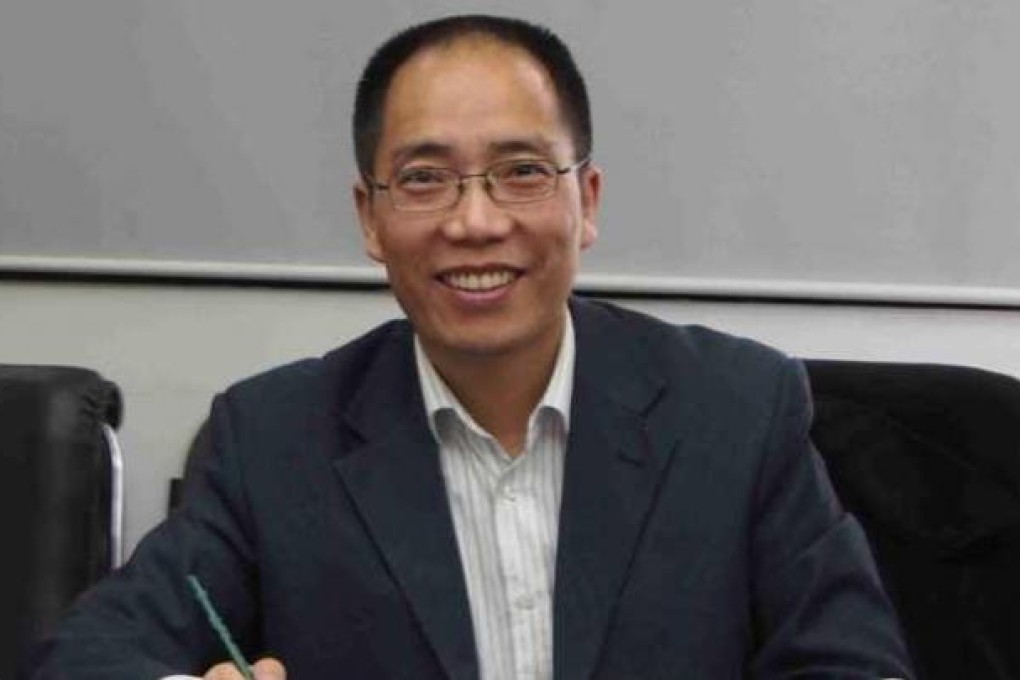Why is Beijing cracking down on peaceful civil movements?
By clamping down on these movements, the party’s security arm has not only turned against public interest, but also, paradoxically, against the ruling bloc itself.

Xi Jinping's administration is sending out very contradictory signals about its commitment to the rule of law and the fight against corruption. Since he became president in March, Xi has repeatedly called for ruling the country by its constitution and, in his own words, going after “both the tigers and the flies” of corrupt party officials.
However, barely a month after he took office, at least eight activists, including lawyer Ding Jiaxi, and activists Zhao Changqing and Li Wei, were detained for demanding transparency on government officials’ assets.
The police officers who rounded up these activists say they were suspected of “illegal public assembly”, referring to a public speech against corruption, delivered on March 31 by activist Hou Xin and three others in Beijing’s busy Xidan shopping district.
For one thing, China’s Law on Assemblies, Parades and Demonstrations was enacted soon after the June 4 crackdown on student protesters in 1989. It was meant to continue a rule of terror and root out civil dissent. “The Law Banning Assemblies, Parades and Demonstrations” would be a more appropriate name for it. On the other hand, the lawyer Ding and his colleagues were neither participants nor organisers of this so-called “Xidan incident”. This was clearly a trumped-up charge.

The real reason behind the detention of the anti-corruption crusaders such as Ding, I believe, is that powerful forces within the Communist Party feel threatened by the wave of civic movements that have prospered since Xi’s predecessors, Hu Jintao and Wen Jiabao, bowed out late last year. The Communist Party’s massive “stability maintenance”, or security, machinery could no longer tolerate these dedicated citizens, acting independently to pursue social justice, enlightenment and democracy.
Let’s take a look at some of these notable citizens and their causes: activist lawyer Xu Zhiyong and ex-financier Wang Gongquan have championed the so-called “New Citizens movement”, calling for the protection of civil rights and peaceful transition to democracy; Ding and Zhao collected thousands of signatures urging government officials to declare their assets; lawyer Wang Cheng and his colleagues similarly rallied for public support to abolish labour camps; on February 26, other activists called for China to implement the UN human rights treaties.